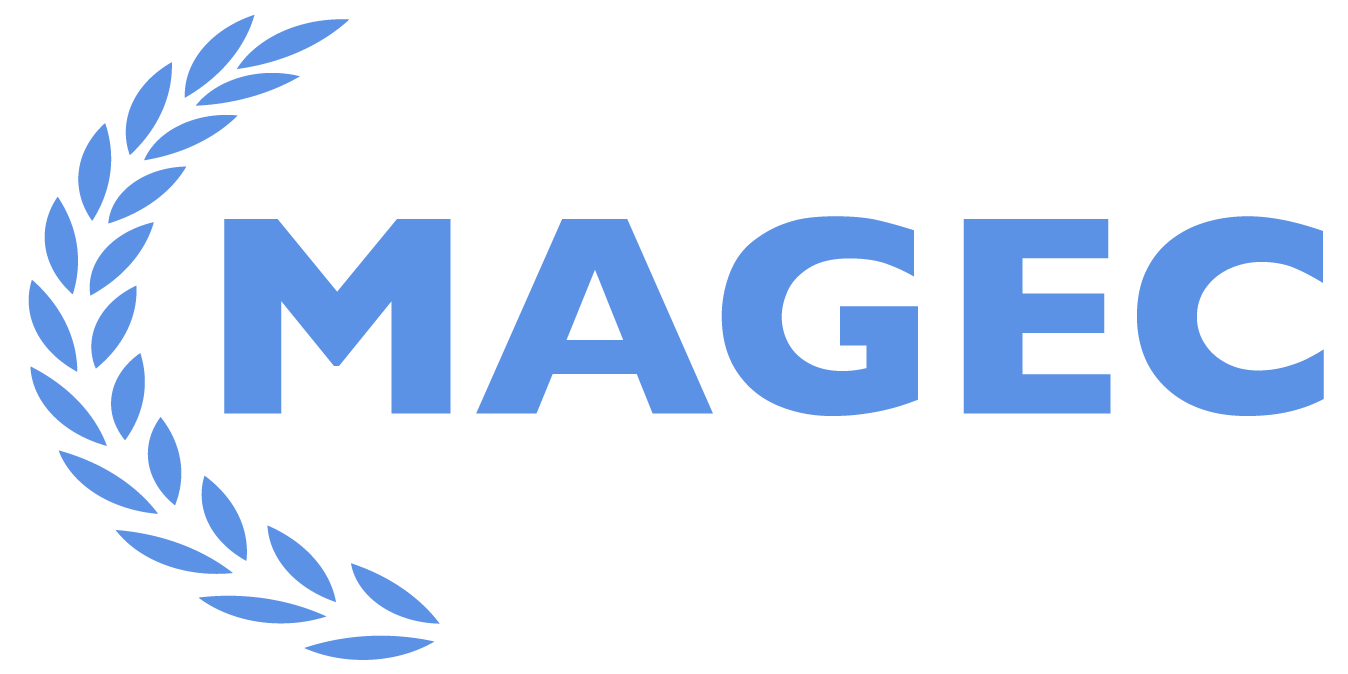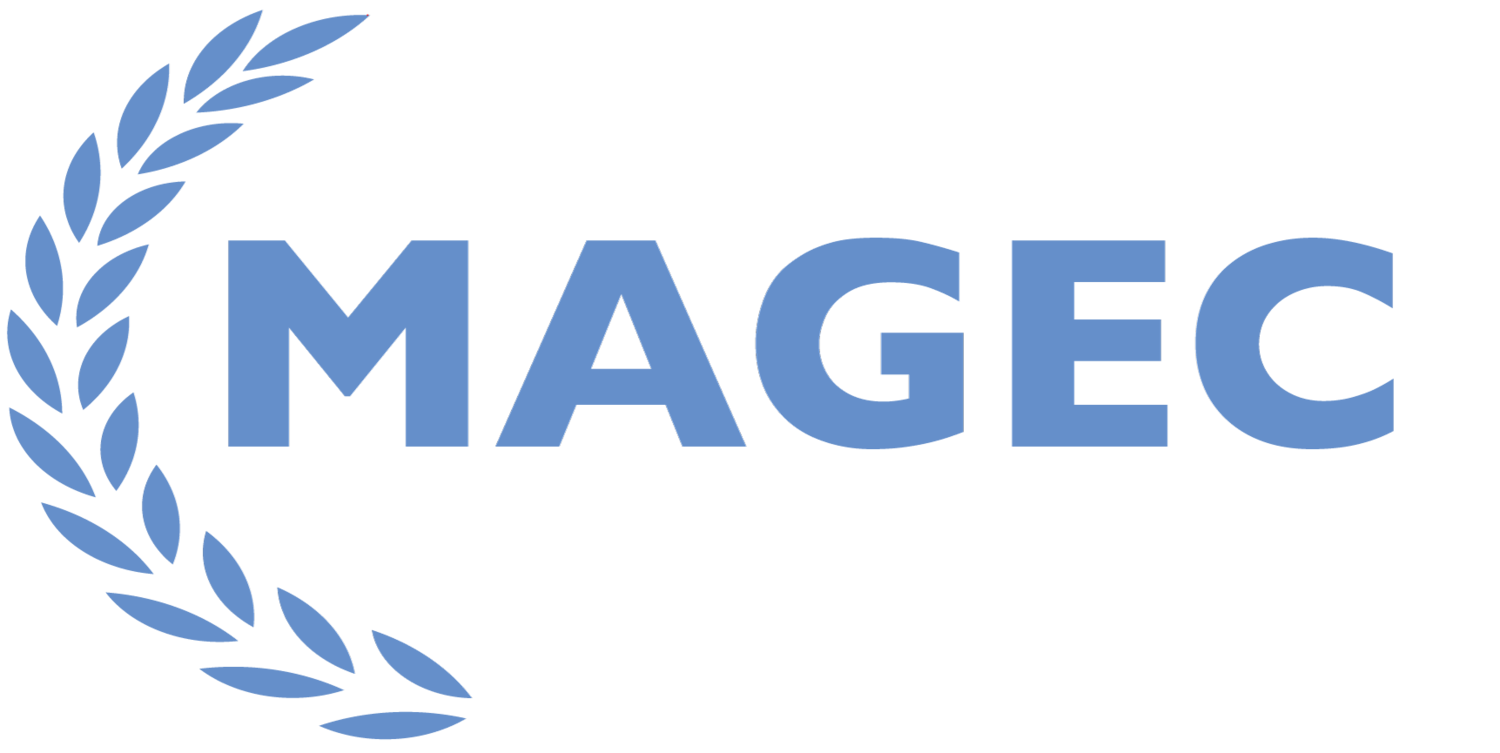An Essay on Sovereignty
If you’ve been to a Model United Nations conference before, you have no doubt heard delegates complaining “This resolution infringes on my sovereignty!” Other delegates then scurry around the floor, engage in caucus, desperately searching for an amendment that won’t be so offensive to the put-upon nation.
A better place for the delegates to start would be with the definition of sovereignty and an examination of how this concept comes into play in international relations and in a Model United Nations.
The principle of state sovereignty emerged over 350 years ago as a result of the Treaty of Westphalia. This treaty established that the ruler of a territory would determine the religion of that territory. It was essentially a stand against the popes who were trying to establish a united and Roman Catholic Europe. Princes and kings now assumed complete authority over their territory. “The myth of separate secular and spiritual entities disappeared, and the authority that had been vested in both (king and pope) was assumed exclusively by the state.” (Russett and Starr)
The “state” is a legal abstraction. Like a corporation it has no concrete existence beyond what others assign to it. Sovereignty, then, is a special theoretical relationship between each state and all other international actors.
There are two kinds of sovereignty that come into play, both on the international scene and in a Model United Nations. There is internalsovereignty which means “supremacy over all other authorities within that territory and population” and external sovereignty by which is meant not “supremacy but independence of outside authorities.” (Bull)
Sovereignty, then establishes complete internal control and complete external autonomy. “In principle, this means that there is a monopoly over the control of the means of force within the state. Similarly, through international law, the state has been given a legal monopoly on the use of force in the global arena. Piracy and non-state terrorism are considered illegal because they entail the use of force and violence by actors other than
a state.” (Russett and Starr)
Without an external authority, states are free to act any way they see fit. “Sovereignty means that states exist in a formal anarchic environment. That is, no legitimate or legal authority is empowered to control, direct or watch over the behavior of the states.” Russett and Starr) Legally each state is responsible for its own actions andits own security. Since in an anarchy, there is no formal authority, there is no one a state can turn to when other actors in the system misbehave. The state must look out for itself, and this leads to what John Herz has termed the “security dilemma.”
If states are responsible for protecting themselves from outside attack or domination, they must accumulate sufficient armies to discourage such an attack. This military build-up, however, looks very ominous to other countries, who themselves fear attack. These outside counties must increase their military capacity. Each country escalates its military growth with the result being they are less secure!
Solving this security dilemma is at the foundation of why states seek international cooperation and the formation of international organizations like the United Nations. Left to fend for themselves, states would be locked in a never-ending, and certainly fatal race of “self-defense.” Concepts like “mutually assured destruction” which emerged from the Cold War arms race, were indeed “mad”, but could only exist in an environment devoid of an external authority powerful enough to assure the security of USSR and United States.
Nations seek protection from each other through international organizations. Effective international organizations provide the only practical escape from the security dilemma, but there are costs. And these costs are closely associated with the hallowed principle of state sovereignty.
The United Nations was formed on the principle of “sovereign equality.” (See Article 2, section 1 of the UN Charter.) Goodrich, et al, point out that “the term ‘sovereign equality’ is far from being self-explanatory. In fact, there are few precedents for its use…It combines in one expression two distinct but closely related ideas, that of state sovereignty, and that of the equality of states.” But we know that some states are, in fact, more equal than others. Not only in the obvious physical characteristics of size, population, resources, etc, but also in the legal rights bestowed upon nations in the UN Charter itself. One needs only look as far as the veto power in Security Council to know that “sovereign equality” is a principle not consistently applied in the United Nations.
But could the organization function if nations were truly sovereign equals? Of course not. If the United Nations could not limit the actions of states, it would have no reason to exist in the first place. “The Charter is based on the assumption that states in the exercise of their sovereignty may accept legal limitations on their freedom of action, and they are not free to disregard these restrictions as long as they remain members.” (Goodrich, et al)
This takes us back to the scene that opened this article. When the delegate stands up crying about infringements on his/her sovereignty, other delegates just might point out the obligations of all states to uphold allthe principles of the UN Charter. States voluntarily waive some of their sovereign rights simply by agreeing to be in the UN. It is up to states, individually and collectively, to negotiate to what extent they will surrender their sovereign rights in pursuit of the common good. In short, not every resolution which calls upon states to alter their behavior is, in fact, an illegalattack on sovereignty.
Delegates are urged to read and understand all of the purposes and principles of the UN Charter as they are outlined in Articles 1 and 2. The give and take within a Model UN debate should be guided by these two organizing sections of the Charter.
Bibliography
Bruce Russett and Harvey Starr, World Politics: The Menu for Choice,
(WH Freeman and Company, 1989)
Leland Goodrich, Edvard Hambro and Anne Simons, Charter of the United
Nations, (Columbia University Press, 1969)
Hedley Bull, The Anarchical Society, (Macmillan, 1977)

